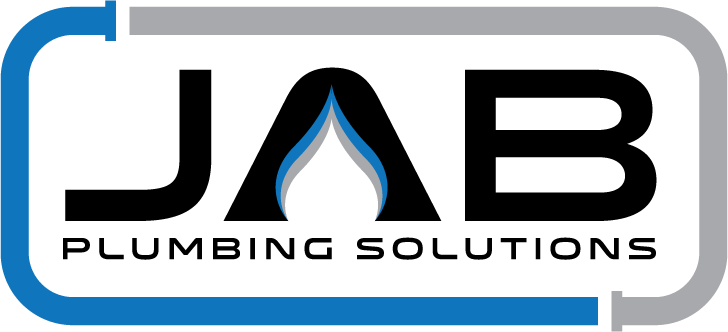Plumbing emergencies don’t wait for business hours. They happen at the most inconvenient times such as late at night or when you’re hosting a party on the weekend. Plumbing emergencies pose a real and imminent threat to your home and your family. Common plumbing emergencies include things like burst pipes, overflowing toilets, sewer backups and flooding stormwater drains. All of these need to be dealt with as soon as possible by an emergency plumber to protect your family and home from harm.
No-one plans for a plumbing emergency. But most people don’t plan to prevent them either. With a little care, regular maintenance and mindfulness you could avoid an expensive, late-night visit from an emergency plumber.
Be mindful about what goes down the drain
One of the most effective ways to avoid a plumbing emergency is to prevent debris from going down the sink drains around the home. Sinks get blocked when debris builds up in the pipe and prevents the water from getting through. If the drain become completely clogged, wastewater can come back up the pipes and overflow out of the sink drains. You can buy a drain sieve for a couple of dollars from most hardware stores. This will effectively filter out most debris and could save you hundreds in emergency clogged drain repairs.
These items are common causes of blocked sinks:
Oil and grease - this not only blocks up the kitchen sink, it also contributes to major clogs in the main sewer line. Grease hardens as it cools and acts in a similar way to glue - binding other items in the pipes together to form clogs.
Hair and pet fur - When we wash our hair or wash the family pet, hair and fur gets washed down the drain. Hair is the main cause of blockage in the bathtub, shower and vanity sink drains.
Lint - the laundry sink is notorious for clogging up when too much lint from the washing machine ends up down the drain.
Food scraps - especially eggshells, pasta, rice and coffee grounds can block the plumbing pipes underneath the kitchen sink.
Foreign items - sometimes things get washed down the sink drain accidentally. This includes things like cotton tips, dental floss, teaspoons and other random items.
Don’t flush kitty litter down the toilet
Kitty litter comes in many forms, none of which should ever be flushed if you want to avoid a visit from an emergency plumber. Whether or not the kitty litter is made from clay, recycled paper or crystals, all of them absorb moisture and can cause major toilet clogs. As Gene Weingarten, a columnist for Washington Post wrote “What had seemed to me at the time to be about a tablespoon of cat litter had swollen into a throbbing gel the size of a bowling ball that no amount of plunge-flushing would get rid of.”
Put wet-wipes in the bin, not the toilet
Flushing wet-wipes down the toilet is akin to flushing money down the toilet. At some point, you will need to pick up the phone and call an emergency plumber to clear them out of your pipes. An article in the Sydney Morning Herald reports that “Wet-wipes are particularly bad for sewerage systems as they join together and mix with cooled cooking oils and other greases to form ‘fatbergs’ - a congealed giant mass of non-biodegradable matter which clogs pipes.”
Fatbergs don’t just cause to plumbing emergencies at individual private dwellings, they can also block the public sewer mains and result in huge sewage overflows for multiple dwellings in the area. One article reported that 843 homes in Harrow and 628 homes in Brent, United Kingdom have been flooded with raw sewage in just five years due to fatbergs.
Remind guests not to flush foreign items down the toilet
While you might be diligent when it comes to what gets flushed down the toilet, your guests may not be. Wipes, tampons and other personal care products are leading causes of blocked toilets which can result in sewage overflowing into the home. Write a sign and stick it to the back of the door as a permanent reminder not to flush personal care items.
Clean out your gutters, downpipes and stormwater drains
If your stormwater drain gets badly blocked this could lead to flooding during the next heavy downpour. Rainwater can stagnate in pools around the yard or under the house causing water damage or mould issues. The main cause of blocked stormwater drains is sediment that has washed down from the gutters or other garden debris such as grass clippings and dirt. Cleaning out the gutters and downpipes regularly and removing sticks or leaves from stormwater grates is a great preventative measure.
Maintain your drains
Taking proactive preventative action is an effective way to avoid plumbing emergencies in the home. We recommend getting your drains cleaned bi-annually or annually. If there are no major blockages in the system, the service should take an hour or less and cost around $350. Routine drain cleaning will flush any sediment build-up from the pipes before they ca turn into major blockages.







